Knowing what you need to do to set yourself apart from other candidates during job interviews can be tough. Often, it’s not enough to demonstrate your passion for the opportunity since everyone else will be doing the same thing.
There are other ways to ensure you’re highlighting yourself as the top choice for a job in early learning beyond the obvious.
Here are some of our top tips.
first impressions count
To make a positive impression on the person interviewing you, you’ll need to put together a strong pitch that sells your background, skills and training.
When you’re inevitably asked “tell me something about yourself”, this is when you deliver your elevator pitch. Why is it important?
It’s your one and only chance to get their attention and set the tone for how you’re viewed for the rest of the interview.
an elevator pitch should answer three questions:
- Who are you?
- What do you do?
- What are you looking for?
For example:
- I’m a teacher with five years experience in the early childhood education field. I specialise in literacy development and sleep training. I currently work at ABC Child Care where I am a Room Leader for a mixed-age group of children and I am looking for a 2IC position at a small-sized centre that places children’s needs at the heart.
Once you’ve used this formula to establish the start of your answer, you should then focus on what you can offer a new employer. Tell them more than what’s on your resume such as your sleep training expertise - the more specific you can be, the better.
Think about why you’re looking for a new job and use that to inform your ‘pitch’. Are you seeking more responsibilities or are you passionate about play-based learning, for example?
Make sure the interviewer knows why their centre is where you can see yourself thriving and adding value. Remember to read their website in detail!
incorporate praise into your answers.
One of the most valuable ways to lend credibility to what you’re saying is to highlight what someone else has said about you. This is why you should include a testimonial from a manager, colleague, or even a parent of a child at your centre in order to back up what you’re saying about your abilities or experience.
It could be anything from your teaching style, your ability to increase your centre’s occupancy rate or running community fundraisers. Telling an interviewer that you have received praise when discussing your greatest strengths will reinforce your claims.
For example, I am really proud of my ability to train and mentor other educators and this has been reinforced by the positive feedback I consistently received from staff surveys.

think about the words you use.
Being aware of your word choices and how you speak during an interview could help boost your standing in the eyes of an interviewer.
This can be as simply as explaining what you’ve done in the past rather than talking about what you ‘would do’ in a potential situation.
Sticking to real examples rather than hypothetical responses provides the interviewer with evidence of ways you’ve handled certain situations in the past.
This is particularly true of more challenging questions such as, “How do you deal with an upset student”? Choose words that show you are kind, understanding and willing to deal with difficult situations.
make the interview a conversation
When you’re sitting in front of someone who has a huge impact on your future, it’s easy to let nerves get hold of you.
One of the most straightforward ways of overcoming this is by flipping the idea of the interview in your head and turning it into a conversation.
Here, instead of waiting until the end of the interview to ask anything you’re curious about, respond to what the interviewer says with your own questions occasionally to keep the conversation flowing.
These extra tips should help you polish your presentation skills so that you can head into your next interview with confidence. It’s then down to you to draw on your abilities and experience to demonstrate that you’re exactly the person they need for the job.


